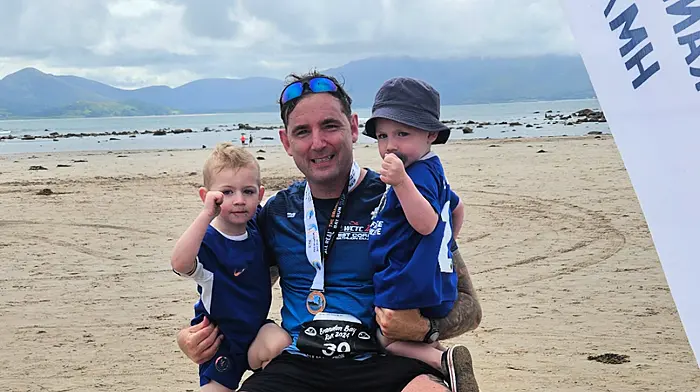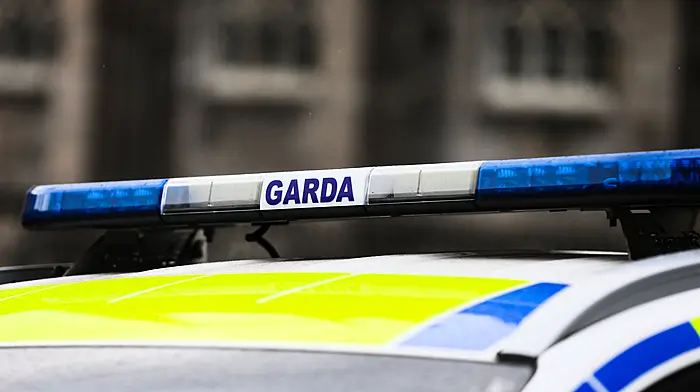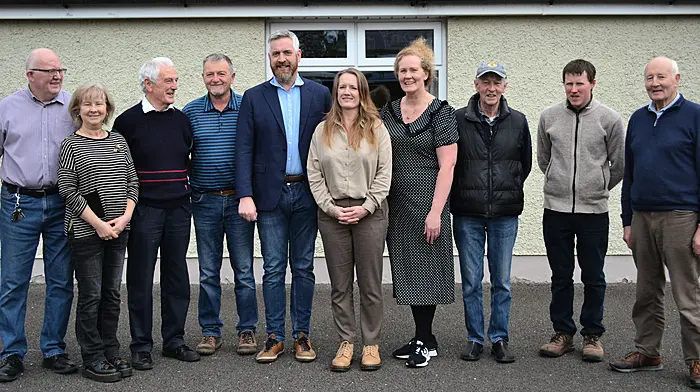A culture of seeking to exaggerate the number of breath tests carried out by members of An Garda Síochána was pervasive across all ranks, according to the report carried out for the Policing Authority
A culture of seeking to exaggerate the number of breath tests carried out by members of An Garda Síochána was pervasive across all ranks, according to the report carried out for the Policing Authority by independent auditors Crowe Horwath on the scandal that has rocked our police force to its core and seriously undermined its credibility. Worse than that is the likelihood that, because ranks have been closed again, no individuals within the force will be held to account for what happened as nobody seems prepared to testify against colleagues.
The Garda Representative Association – which represents rank-and-file members of An Garda Síochána – has not covered itself in glory on this issue. Earlier this year, it alleged that its members were pressurised by officers to inflate the data on breath tests, however it failed to back up this claim with evidence to those compiling the report, which is not only disappointing, but also feeds into the culture of secrecy within the force that most members of the public find unsettling, to say the least.
Clearly, they need to decide before coming out with such a sweeping statement in the future if they are prepared to put up or shut up. However, the chairperson of the Policing Authority, Josephine Feehily, is still hopeful – even at this late stage – that the GRA would meet Crowe Horwath and provide evidence of its allegations, but the GRA stated that it would await the final report by Crowe Horwath before making any further statements on the matter.
By way of being more realistic, Ms Feehily has conceded that it is ‘unlikely’ that any evidence can be unearthed to prove any of the claims about senior officers pressurising gardaí to exaggerate breath test figures. She said that the conclusion arrived at was that there was ‘an implicit expectation in relation to breath tests rather than an explicit direction.’
Yet, she expects Acting Commissioner Dónall Ó Cualáin to consider taking action against any member where there was prima facie evidence of either a criminal offence or disciplinary breach having been committed. In reality, there are probably about two chances of that happening – slim and none.
An internal Garda report had previously found that the breath test figures had been overstated by some 1.48 million over an eight-year period, which is much worse than originally thought and it beggars belief that this could have just happened of its own accord. There just had to be some orders issued or direction given somewhere along the line that led to this situation developing, but mum’s the word, it would seem, across the board in An Garda Síochána and it makes a mockery of those trying to get to the bottom of the matter.
The report by auditors Crowe Horwath found that poor governance and accountability, along with a lack of frontline supervision, were the main reasons behind the breath test figures being exaggerated, coupled with a lack of training for those doing the recording. All of these issues need to be urgently addressed in order to comply with best practice, as is the case in most other countries; there are plenty of good examples that can be followed.
There was also the not-inconsiderable matter of the 14,700-plus wrongful road traffic convictions caused by people not having received fixed charge penalty notices they should have got and so did not become aware of their culpability for fines until they were summoned to court. This was very much a systems and management failure and there is still a lot of work needed here to rectify matters, but in the meantime, the Irish taxpayer will be footing the bill for compensating those who were seriously inconvenienced by the debacle, especially anyone who lost their driving licence and/or their job as a result of it.
Garda management – whether it likes it or not – is to blame for both the exaggerated breath test figures and wrongful convictions. The buck stops at the top of the chain of command and it is vital that management learns from the mistakes of the past and takes steps to ensure that they don’t happen again.
In the wake of the damning report, which he said shows up an unacceptable ‘culture of carelessness’ – an understatement if there was ever one – Minister for Justice Charlie Flanagan announced more human and technical resources for An Garda Síochána. However, what needs to be tackled first and foremost is the sometimes insidious secretive culture of the organisation, with the strongest emphasis put on ethics.







